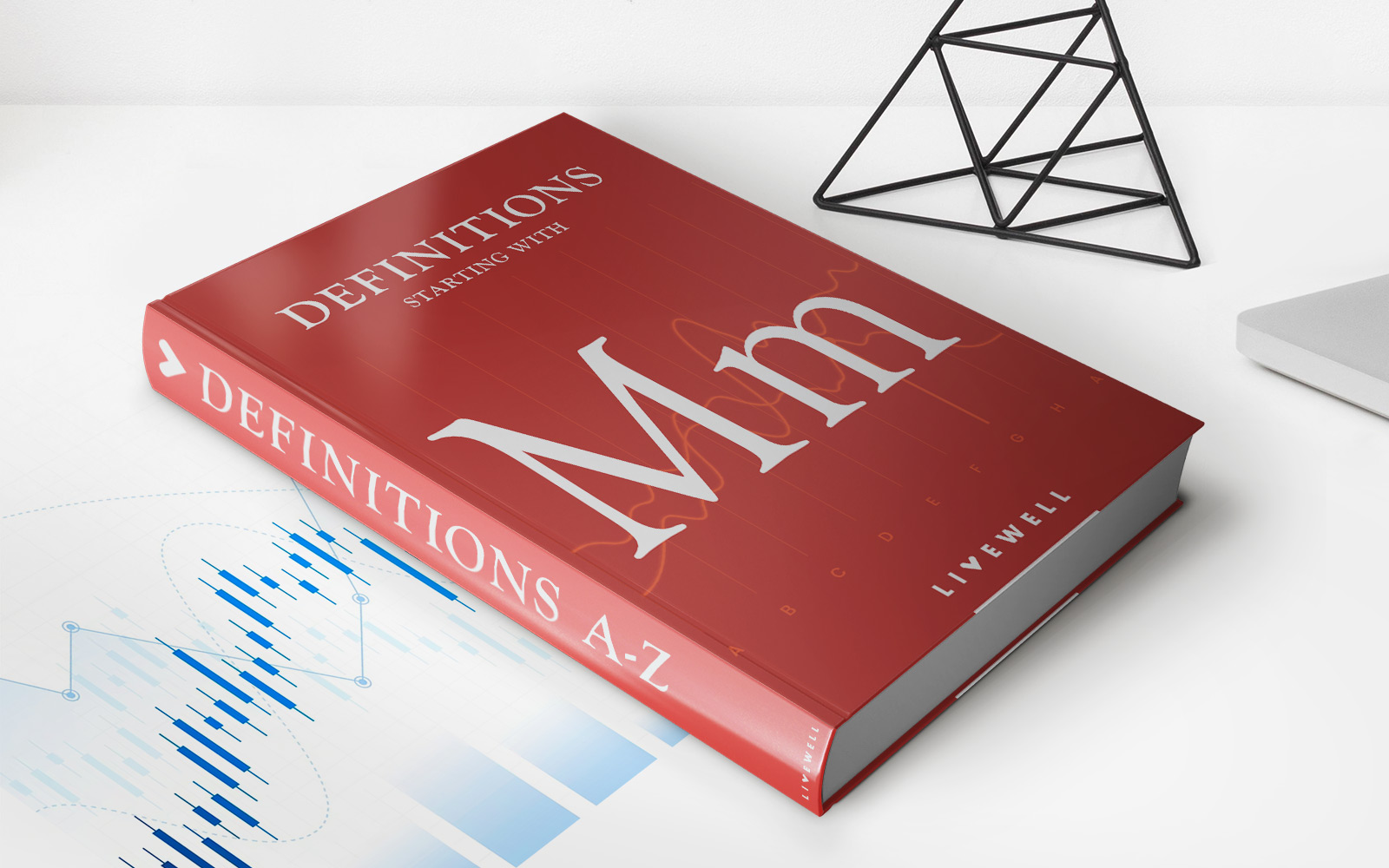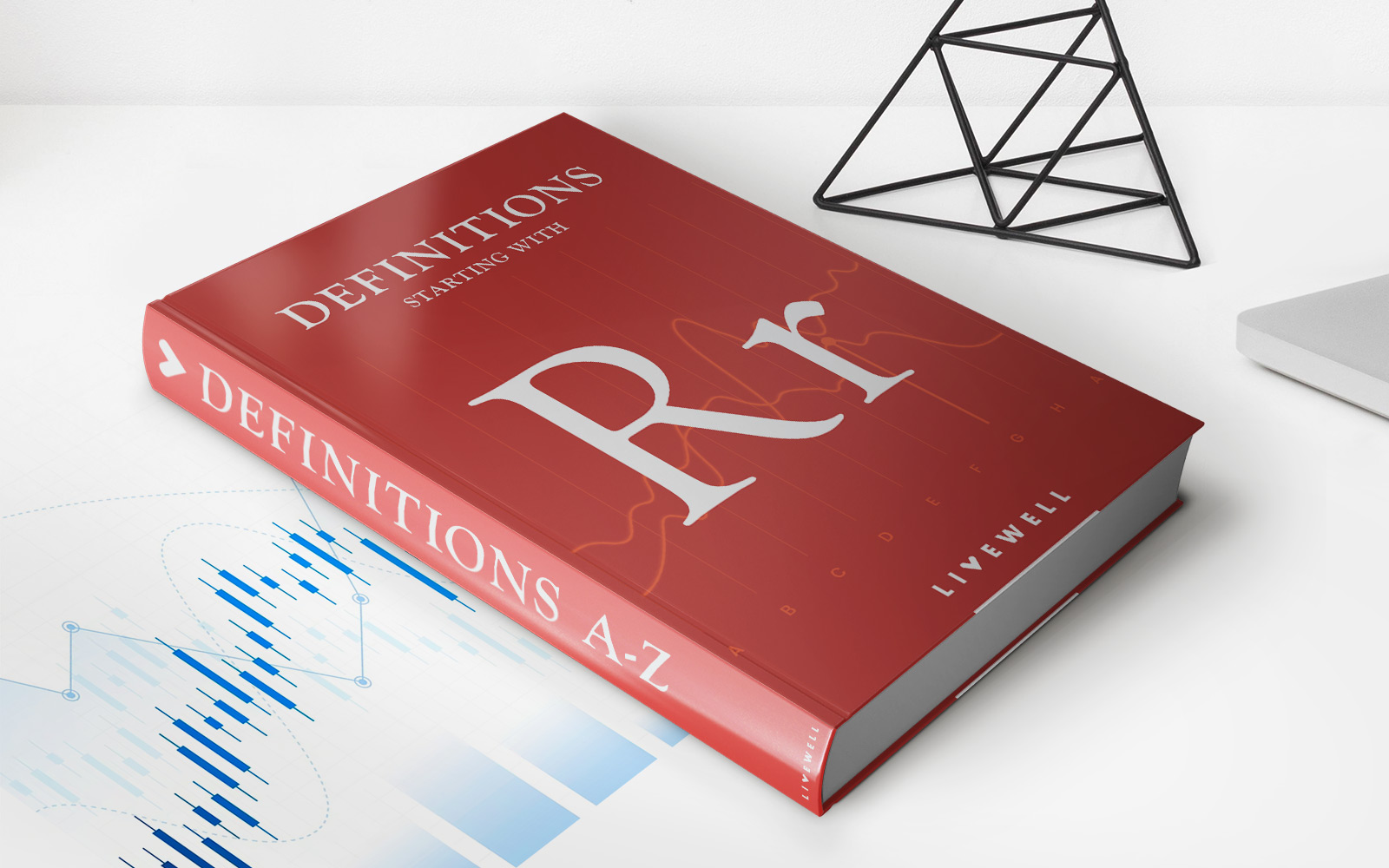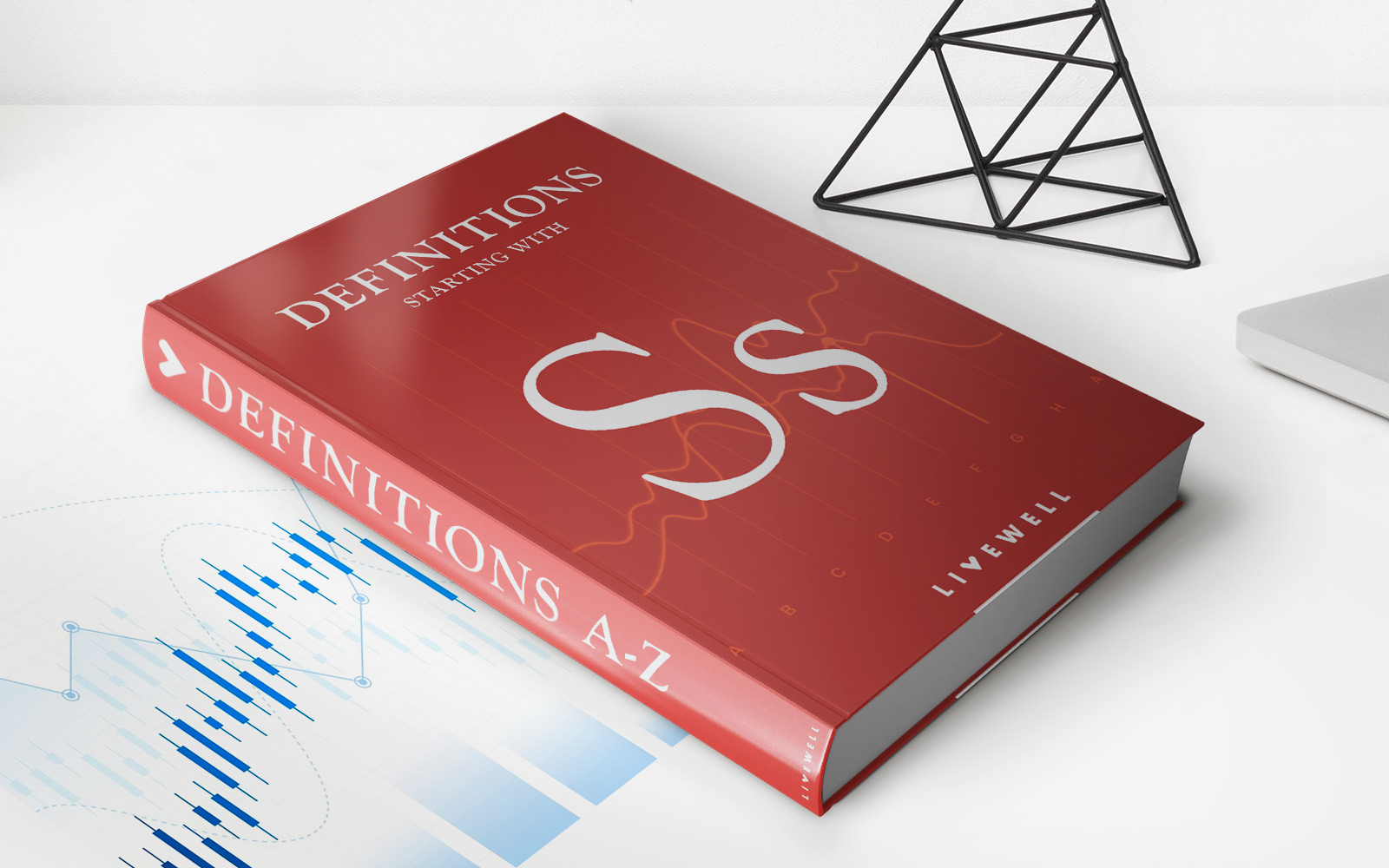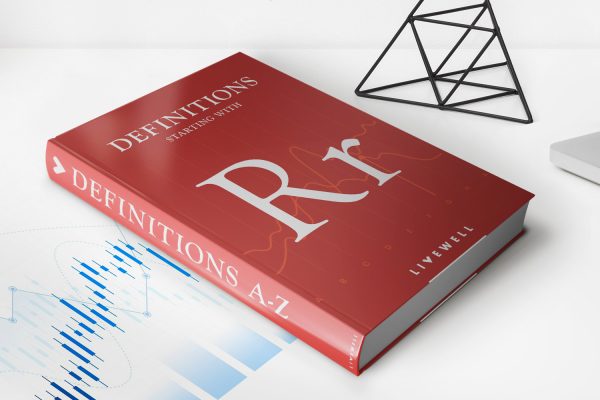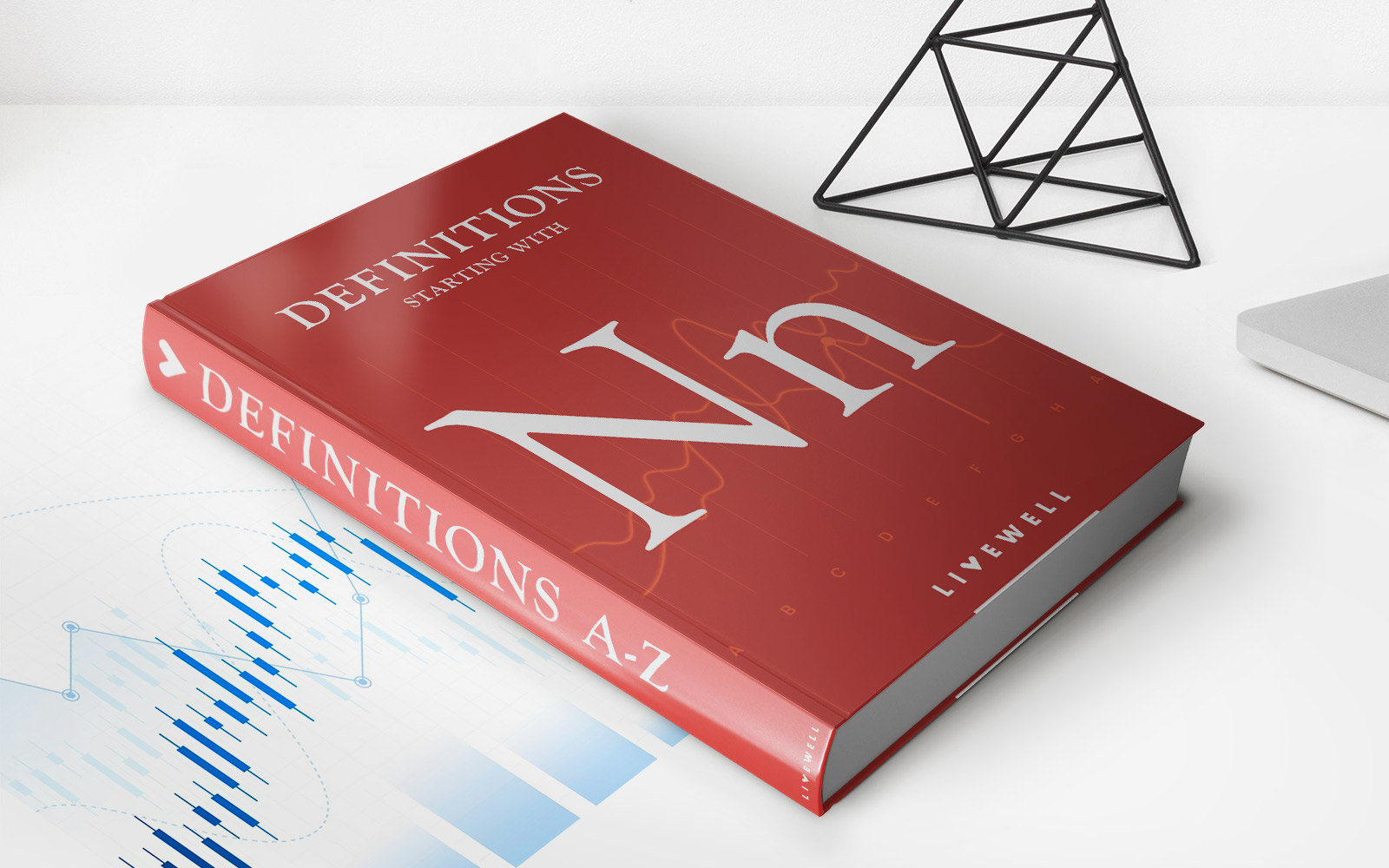

Finance
Hedonic Regression Definition
Published: December 4, 2023
Discover the meaning and application of hedonic regression in the world of finance. Learn how this statistical technique is used to determine the relationship between financial variables and consumer preferences.
(Many of the links in this article redirect to a specific reviewed product. Your purchase of these products through affiliate links helps to generate commission for LiveWell, at no extra cost. Learn more)
Unlocking the Power of Hedonic Regression in Finance
Welcome to the Finance category of our blog! Today, we’re diving into the fascinating concept of Hedonic Regression, a statistical technique used to estimate the value of a product or service by analyzing its inherent characteristics. Whether you’re a finance professional, an investor, or simply curious about the inner workings of the market, understanding Hedonic Regression can provide valuable insights into pricing patterns and consumer behavior.
Key Takeaways:
- Hedonic Regression is a statistical technique used to determine the value of a product or service based on its characteristics.
- It helps identify the specific contribution of each attribute towards the overall price of an item.
Now, you might be wondering, “What exactly is Hedonic Regression and how does it work?” Well, let’s break it down in simpler terms.
Hedonic Regression is based on the concept that the value of a product or service is derived from its underlying attributes. These attributes can include tangible aspects such as size, quality, and features, as well as intangible factors like brand reputation or emotional appeal. By collecting and analyzing data on these attributes along with corresponding prices, economists and analysts can unveil important insights.
Here’s how Hedonic Regression works:
- Data Collection: The process begins by gathering detailed information about the attributes and prices of a wide range of products or services in a particular market.
- Analyzing Relationships: Through statistical analysis, economists identify the relationship between the attributes and prices. This allows them to quantify the impact of each characteristic on the overall value of the item.
- Estimating Value: Using the relationships discovered, the technique can be applied to estimate the value of a product or service based on its specific attributes.
- Market Insights: This information can be tremendously valuable for various stakeholders, including businesses, investors, and policymakers. It provides insights into consumer preferences, helps form pricing strategies, and even aids in predicting market trends.
So why is Hedonic Regression such an essential tool in finance? Let’s explore its key benefits:
- Pricing Accuracy: Hedonic Regression allows for a more precise pricing of products and services, reducing the risk of overvaluing or undervaluing items in the market.
- Market Understanding: By dissecting the attributes that contribute to value, Hedonic Regression provides a deeper understanding of consumer preferences and behavior. This knowledge can be used to develop targeted marketing strategies.
In conclusion, Hedonic Regression is a powerful statistical technique that enables us to unlock valuable insights in the world of finance. By understanding the relationships between product attributes and prices, we gain a deeper understanding of consumer behavior, make more accurate pricing decisions, and stay ahead of market trends. So, whether you’re an economist, investor, or finance enthusiast, embracing and harnessing the power of Hedonic Regression can help you navigate the ever-evolving financial landscape with confidence. Stay tuned for more informative content in our Finance category!


